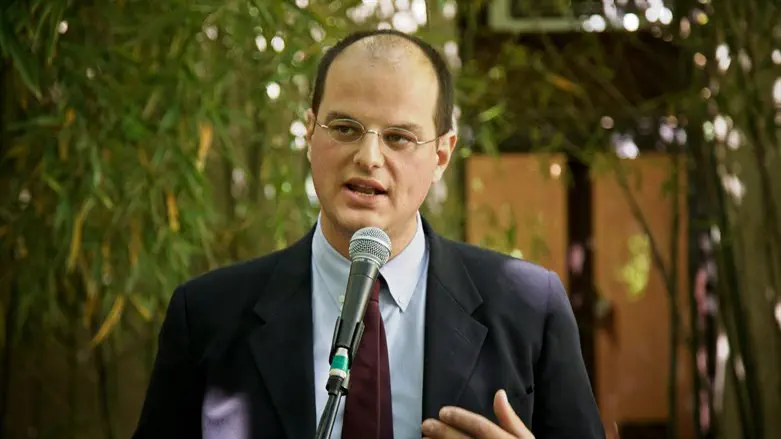
In Samaria, the more you go to live in the eastern part, the more you demonstrate your steadfastness. These are the hundred thousand Israelis who live outside the thousand kilometers of barriers, walls and fences that seal the pre-1967 'borders' of the Jewish State.
The geography of fear has been generous to Israel: from the border with Lebanon to the farthest south, the life of Israelis every day is linked to the ghost of insecurity. In Judea and Samaria, it is even more so. Here attacks are frequent, you are never far from the frontier that creeps into the houses, cars, dreams and nightmares of those who live there.
The Jews living near Shechem are now despised and demonized by the media and leftists.. I have been there many times and they are the most brave Israelis.
From Rechelim, a small and isolated community, named after two Israeli women killed by terrorists, where the Tura winery is owned by the family of Vered Ben Saadan, you take route 60. It goes from Beersheba in the south to Nazareth in the north.
90 percent of the Bible took place here. I entered Hawara, a Palestinian Arab village now at center of headlines. The Israelis are afraid but have to pass through here and they are right. On the right side is Itamar, which evokes terrible facts. In June 2002, a terrorist entered the Shabo family home and killed a mother and three children. Then there was, in 2011, the massacre of the Fogels: father, mother and four children had their throats cut, slaughtered in the middle of the night.
There I met Avri Ran, the founder of Itamar. He wants to connect Itamar with the Jordan Valley. Five soldiers are stationed here defending the families of the "Hill of Arnon". “We are here to keep the Jordan Valley and the road to Netanya in our hands”, a Jew told me. “Ariel Sharon asked us to come up here to protect the road from Jordan to the coast. Peace with Amman is splendid, but what if King Hussein falls or others take over? In that case we are here, together with the army. If we're not here, Hamas would be here in a week”.
On the road to Elon Moreh you pass by the place where there was the murder of the Henkins in front of their four children who were in the back of the car. Two Israeli flags are placed in memory. Elon Moreh's cottages are the furthest east of the territories, the most isolated of all the communities. You have to climb Mount Kabir to understand. Moshe Dayan and Shimon Peres were the ones who decided to settle Jews here. Ariel Sharon made many tours in the region to choose the place from which to start.
From Mt Kabir the most amazing thing to visit is the hill over the Tirza valley. It is without the presence of a single Jew. You arrive at the other mountain that overlooks Nablus, Mount Gerizim. On the street is the village of the Samaritans, they are friends of Israel opposed by the Arabs. The Palestinian Authority is afraid to enter the refugee camp below. It is “no man's land”.
I went up to Har Bracha. Ariel Sharon came up here in 2002 when he launched the battle for the kasbah of Nablus. Rabbi Eliezer Melamed, leader of this community, told me: “From up here you can see as far as Syria. Without biblical heritage rights, Israel has no meaning”.
Even most of the Israelis who would never venture there understand that.
And one day they will thank these heroic Jews.
Giulio Meotti is an Italian journalist with Il Foglio and writes a twice-weekly column for Arutz Sheva. He is the author, in English, of the book "A New Shoah", that researched the personal stories of Israel's terror victims, published by Encounter and of "J'Accuse: the Vatican Against Israel" published by Mantua Books, in addition to books in Italian. His writing has appeared in publications, such as the Wall Street Journal, Gatestone, Frontpage and Commentary.